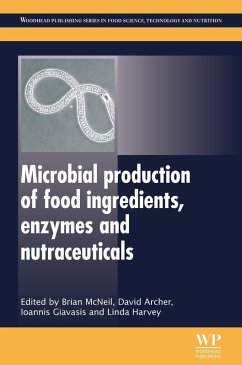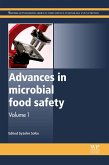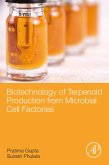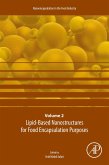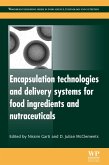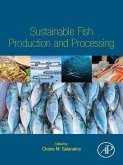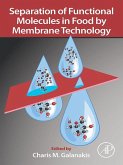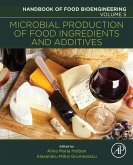Part one reviews developments in the metabolic engineering of industrial microorganisms and advances in fermentation technology in the production of fungi, yeasts, enzymes and nutraceuticals. Part two discusses the production and application in food processing of substances such as carotenoids, flavonoids and terponoids, enzymes, probiotics and prebiotics, bacteriocins, microbial polysaccharides, polyols and polyunsaturated fatty acids.
Microbial production of food ingredients, enzymes and nutraceuticals is an invaluable guide for professionals in the fermentation industry as well as researchers and practitioners in the areas of biotechnology, microbiology, chemical engineering and food processing.
- Provides a comprehensive overview of microbial flavours and colours, food bioprocessing using enzymes and food biopreservation using bacteriocins
- Begins with a review of key areas of systems biology and metabolic engineering, including methods and developments for filamentous fungi
- Analyses the use of microorganisms for the production of natural molecules for use in foods, including microbial production of food flavours and carotenoids
Dieser Download kann aus rechtlichen Gründen nur mit Rechnungsadresse in A, B, BG, CY, CZ, D, DK, EW, E, FIN, F, GR, HR, H, IRL, I, LT, L, LR, M, NL, PL, P, R, S, SLO, SK ausgeliefert werden.

